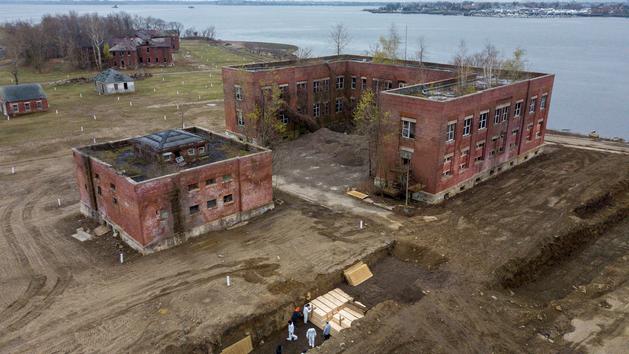Federauto and UNRAE point the finger at the Italian government for the failure to refinance incentives for cars within the text of the conversion into law of the August Decree which was approved in the Senate. A choice that nullifies the benefits obtained so far and that the two associations even define “self-harm”.
This is a choice that borders on self-harm, given that the incentives already launched and soon exhausted have not only revived a market in severe crisis and saved jobs, but have produced in a few weeks a greater income for the State and contributed positively to GDP. The measures, which were self-financed on the whole, in fact yielded an additional 58 million euro incremental in VAT revenues, in addition to the higher revenues linked to the registration of vehicles, including IPT.
The data released in recent days on the comforting recovery of the market thanks to the incentives are the tangible demonstration of how effective this tool has been. Compared to the month of September of last year, in the same period we see the registration of over 13,600 more cars (+ 9.5%) and an increase of 47.4% in car wrecks. Furthermore, the environmental benefit is palpable: the average CO2 emissions of registered cars fell to minimum levels (from 118.4 to 105.6 g / km), about 11% less.
At this point, the two associations they are calling for urgent government intervention to support a sector that is worth 10% of Italian GDP and on which many very many Italian SMEs also depend. Federauto and UNRAE therefore invite the Government to proceed with a refinancing of car incentives. Finally, the two associations say they are ready to share their strategic and long-term proposals to support the decarbonisation process underway and accompany the transition of mobility towards zero emissions.
The intervention comes at a very delicate moment for the automotive sector. The incentives led to actual benefits by allowing to the market to return positive in September. However, the concessions for cars in the 91-110 g / km CO2 range quickly ran out and shortly those for cars in the 61-90 g / km of CO2 range will also end. Unfortunately, the Government seems to have closed the door to any possibility of refinancing during 2020. For next year, however, there is talk of a further 400 million. However, in the meantime, the car market is likely to suffer again.
–

:quality(80)/cdn-kiosk-api.telegraaf.nl/da3b099e-0988-11eb-9b01-0218eaf05005.JPG)